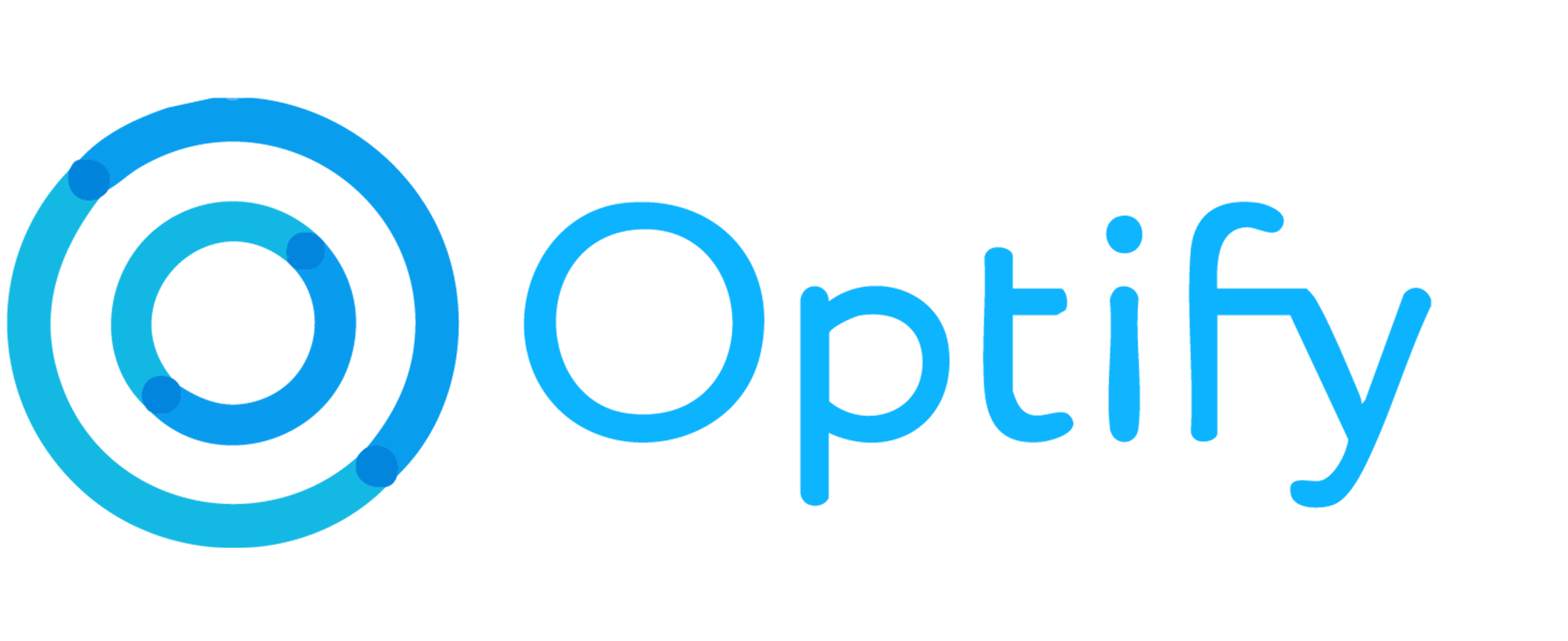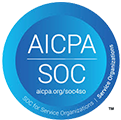
When organizations think about leadership coaching, they often focus on the executive suite.
While coaching executives is essential, today’s top-performing organizations understand that to truly build a leadership culture, coaching must extend beyond the upper echelons. It should reach everyone—rising stars, frontline supervisors, and mid-level managers.
Leadership is no longer confined to the corner office; it’s practiced wherever decisions are made, teams are led, and innovation is sparked. Expanding coaching access thoughtfully can transform your organization’s leadership culture and create a more cohesive, effective workforce.
Why Broader Coaching Access Matters
Whether it’s a plant supervisor managing a shift or a new manager leading a team, leadership challenges exist across the organization. By providing coaching beyond just the executive team, companies strengthen day-to-day decision-making, communication, and resilience throughout the workforce. This ensures that leadership qualities are nurtured universally, creating a more cohesive culture across all levels.
Scaling Your Leadership Bench Strength
The future executives of your organization are already in-house. Coaching high-potential employees and mid-level leaders helps accelerate their readiness for larger roles and ensures a healthy and diverse succession pipeline. By providing coaching early, you build a pipeline of leaders who are prepared to take on bigger responsibilities when the time comes.
Driving Culture Change from the Ground Up
True culture change isn’t just top-down; it’s something lived daily by everyone. When leaders at all levels experience coaching, they internalize values such as growth orientation, emotional intelligence, and accountability.
These values then permeate the organization, driving cultural transformation from the bottom up. This grassroots change is far more sustainable and effective than directives handed down from the executive team.
Supporting Frontline and Distributed Teams
In large or global organizations, it’s especially important to empower frontline leaders and those in distributed teams with coaching. Doing so ensures consistency in leadership across locations, improves engagement, and maintains leadership excellence wherever teams operate. This approach makes sure leadership quality remains high, no matter where employees are based.
How to Democratize Coaching Effectively
Before scaling coaching, organizations need to align their coaching programs with the broader business and talent strategies. Coaching shouldn’t be a random perk; it should reinforce the leadership competencies and values the organization most wants to nurture. This alignment ensures that coaching directly contributes to the company’s overall goals.
Here are some key actions to take:
- Scaling coaching doesn’t mean compromising quality. It’s crucial to maintain high standards as you expand.
- Vet coaching providers carefully to ensure they are aligned with your organization’s needs.
- Match coaches to participants based on leadership level, goals, and personal preferences to ensure the experience is impactful.
Additionally, leveraging technology platforms that integrate scheduling, goal tracking, and progress measurement can make it easier to scale coaching. These platforms give participants flexibility while ensuring coaching remains consistent and impactful. By simplifying access, technology enables organizations to deliver high-quality coaching to a larger, more diverse group of leaders.
Coaching for frontline leaders, mid-level managers, and executives must reflect the unique challenges each group faces. Tailoring coaching programs for these different levels ensures that coaching addresses specific needs while maintaining consistency in quality and cultural messaging. This approach makes coaching more relevant and effective at every stage of a leader’s journey, expanding coaching across the organization.
Moving from Exclusive to Inclusive Leadership Development
Expanding coaching access is more than just a generous gesture—it’s a strategic initiative that accelerates leadership development, drives better performance, and prepares the organization for the future.
By making coaching accessible to all, you send a strong message that leadership matters at every level and that employee growth is valued. This inclusive approach doesn’t just benefit the top-tier leaders but ensures that everyone has the opportunity to grow and thrive. After all, the future of your organization depends on the development of all its leaders.
Want to explore how coaching can become part of your leadership culture? Let’s start a conversation.



